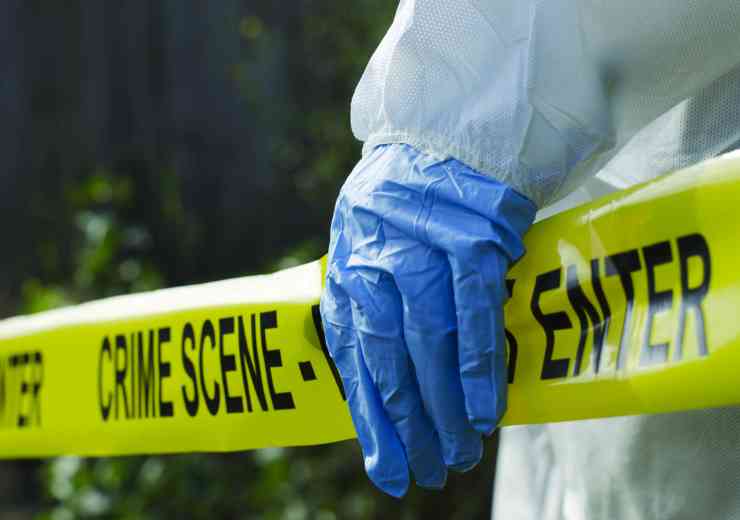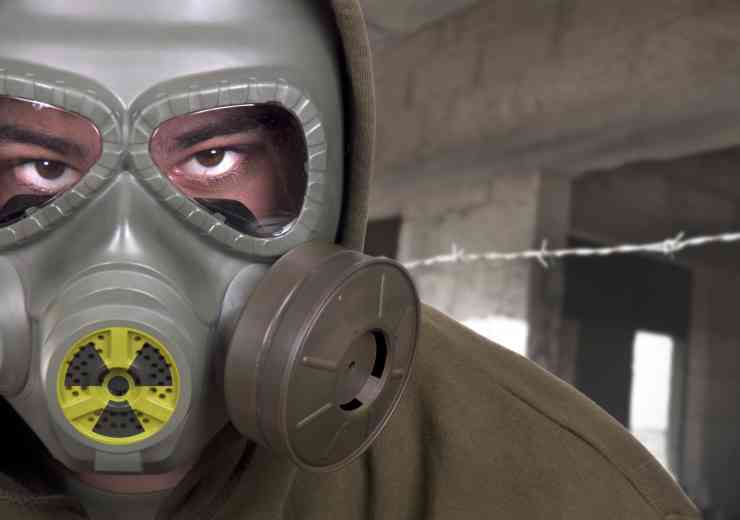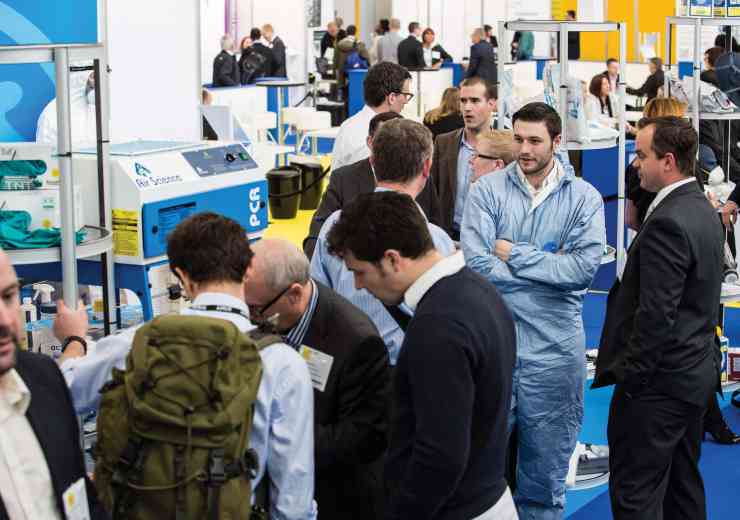Ignorance not acceptable in new forensic landscape
I have just left the Crown Prosecution Service where I spent around a decade as the national lead for forensic science and expert evidence strategy and policy, advising the Attorney Generals and DPPs of the day on the prosecution approach.
As a practising barrister this was an intense experience with many highs and lows, the majority focusing on the profound strengths and exasperating weaknesses of using science in the criminal justice system – just think Rachel Nickell, Damilola Taylor, Stephen Lawrence, Milly Dowler, Joanna Yeates, Jill Dando, plus of course the many thousands of burglaries and sexual assaults. There is clearly no stronger tool for convicting the guilty and exonerating the innocent than forensic science and the expert scientists and investigators who know how to use it.
MISUSE AND MYTHOLOGY
So why has there been so much turmoil, not to mention mythology and misuse of such a powerful weapon against criminals? In my experience, forensic science and expert evidence in this field has also been the playground for ignorance, Chinese whispers, financial extremes, sometimes arrogance and sometimes just the non-scientists’ fear of the complex and unknown.
I have seen a predominance of those ‘non-scientists’ in the legal field; solicitors, barristers, prosecutors, government officials and, dare I say it, even very senior members of police forces and Ministers.
We now are finding out the effects of being the only country in the world to have fully commercialised the provision of forensic science to a criminal justice system. Happily, we are now also seeing the use of forensic science being taken much more seriously, consistently and transparently.
Existing forensic providers are leaner and fitter and certainly have a much sharper focus on ‘what the customer wants’ through strong contractual packages; the notion of demonstrable Quality Assurance methodology is clearly reaching maturity and The Forensic Science Regulator has provided a compendium of guidance and information through the publication of the Codes of Practice and Conduct.
EDUCATION
Now it is important to ask what is still missing; what do we still have to achieve? You’ve guessed it – education. Not just of the academic type, that is vital, but we also need to educate the lawyers about science, the scientists and experts about the legal process – not just the courtroom. We need the judiciary to understand the effects of commercialising forensic science on the UK adversarial system. And we need to educate on a nationally consistent basis, not through piecemeal localism.
All participants in the investigative and prosecution stages need to understand just how important it is, in the current austere times, to make the most cost effective use of science so that the public interest is properly served. It is simply not possible to do this if we all pull in different directions, follow separate agendas and remain in what can be described as effectively ‘niche ignorance’.
JOINING THE PIECES
How are we going to achieve this out of the ‘jigsaw’ puzzle of 43 police forces if they all decide to work in a different way? How can all purchasers (investigative agencies, including the new National Crime Agency) of forensic services benefit from the potential of joining together as a national ‘super-user’ of science? How can we ensure that the provision of forensic services isn’t just tailored for the investigation, when it needs to be fit for the prosecution purposes as well as the courtroom?
Well, the final answer has to be found in professionalism; professionalising all participants in the science, crime and justice arenas. Professionalising all of us for what is now a very different forensic landscape to how it was ten years ago, has to be a priority.
That is not to say we are not professional in how we do our jobs, we just need to be very clear about the bigger picture and how that affects the forensic providers, the investigators and the legal system.
In order to play my part in the next stage of development of forensic science, I have joined The Forensic Science Society as the new director of communications and in-house counsel. The Society has a unique pedigree in being the professional representative body in this field, stretching back to 1959 when it was launched by scientists, police forces and the Home Office.
Through the Society and its membership, I intend to work towards a highly communicative, highly effective and collaborative forensic environment that enables science, novel and traditional, to deliver justice, in the public interest, nationally and internationally.
If you have ideas to add to this endeavour, or would like to know more about members’ services, do please email me on karensquibbwilliams@forensic-science-society.org.
Article first appeared in Police Oracle www.policeoracle.com
FURTHER INFORMATION
www.forensic-science-society.org.uk
digital issue

















